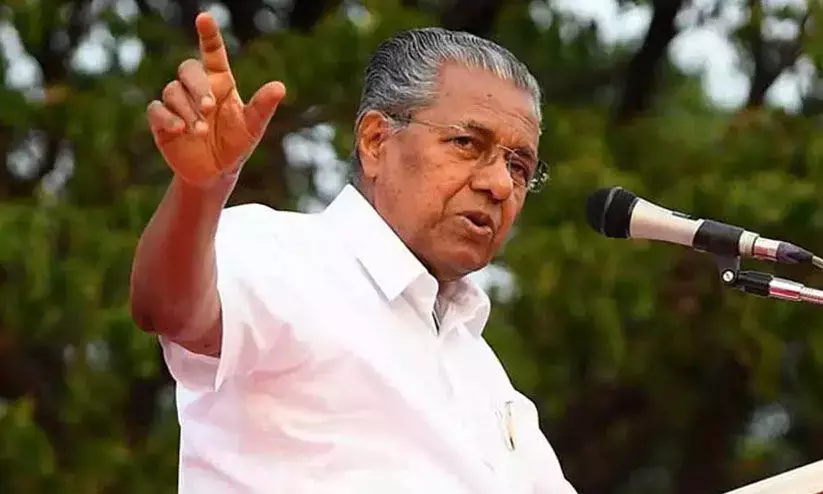
Former union minister urges PM Modi to draft security policy for Northeast
text_fieldsHighlighting growing concerns over regional instability and foreign influence, former Minister of State for External Affairs Rajkumar Ranjan Singh has written to Prime Minister Narendra Modi.
He called for the creation of a draft policy framework to strengthen internal security in India’s northeast.
Citing complex challenges arising from developments in Myanmar and Bangladesh, along with China’s growing strategic footprint in the region, Singh stressed the urgent need for a coordinated national response.
“The northeast region is witnessing a renewed wave of security challenges triggered by instability in India’s neighbourhood, particularly Myanmar and Bangladesh,” Singh wrote in his letter.
He outlined three interlinked areas of concern: the activities of ethnic armed groups along the India-Myanmar border, the resurgence of radical Islamist elements in Bangladesh, and China’s “strategic encirclement” through geopolitical manoeuvring.
Singh noted that the 2021 military coup in Myanmar emboldened ethnic armed groups like the Arakan Army and the Kachin Independence Army. This, he warned, is directly affecting India’s border states, particularly Mizoram, Manipur, and Nagaland.
“Over 68,600 Myanmar nationals, mostly Chin-Kuki-Zomi people from Sagaing region and Chin State, have fled into Manipur and Mizoram, straining local resources and complicating inter-ethnic relations and also culminating a war-like situation in Manipur,” the letter stated.
He further warned that Indian insurgent groups are exploiting Myanmar’s internal instability to conduct cross-border operations that include rebel activity, weapons trafficking, and human smuggling.
Turning to Bangladesh, Singh pointed to the rise of radical groups like Jamaat-e-Islami and remnants of HuJi-B (Harkat-ul-Islami Bangladesh), warning that they pose a direct threat to border states such as Assam, Meghalaya, and Tripura.
“There have been past instances of militants and rebels crossing into India from Bangladesh,” he noted.
Singh also flagged recent diplomatic tensions sparked by remarks from Bangladesh's interim Chief Adviser Muhammad Yunus during a visit to China. “Yunus emphasised the potential for Bangladesh to facilitate China’s access to the Indian Ocean, highlighting the strategic importance of the region. The statement has been perceived as an invitation for China to extend its influence into India’s northeastern states via Bangladesh,” he wrote.
Describing China’s actions as part of a larger strategy, Singh accused Beijing of executing a “strategic encirclement” of India through a combination of military, economic, and diplomatic efforts in Myanmar, Bangladesh, Nepal, and Bhutan.
“For China, it is part of a border String of Pearls strategy – creating a network of assets (ports, roads, bases, and allies) around India... Chinese influence in and around the northeast region should be countered properly in all respects,” Singh cautioned.
Singh urged the Prime Minister to prioritise the formulation of a comprehensive internal security policy for the region. He highlighted the ongoing ethnic conflict in Manipur and called for stronger diplomatic engagement with Myanmar.
He also recommended four key action points:
1. Deport undocumented immigrants and verify the identity of all bona fide citizens.
2. Deploy all law enforcement agencies to carry out the verification process effectively.
3. Maintain a centralised, authentic databank of Indian citizens in the northeast.
4. Bring insurgent groups to the negotiating table for peaceful dialogue.
“... Current ethnic conflict particularly between the Meiteis and the illegal intruders of Chin-Kuki tribes from Sagaing and Chin Hills of Myanmar should also be looked into seriously. An aggressive diplomatic channel needs to be opened for Myanmar based on mutual reciprocity,” he said.
























